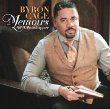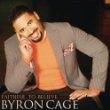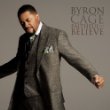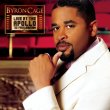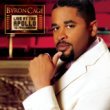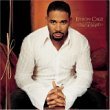Byron Cage
Byron Cage
Reviews
| Song of the Month - Darnell Kendricks - "What a Wonderful Night" |
| Choice Cut - Christian de Mesones feat. Nes Powers - "Stay" |
| Video of the Month - Helen Bruner and Terry Jones - "You Got Me Feeling" |
| Listen Now! - The Fresh Soul Playlist |

